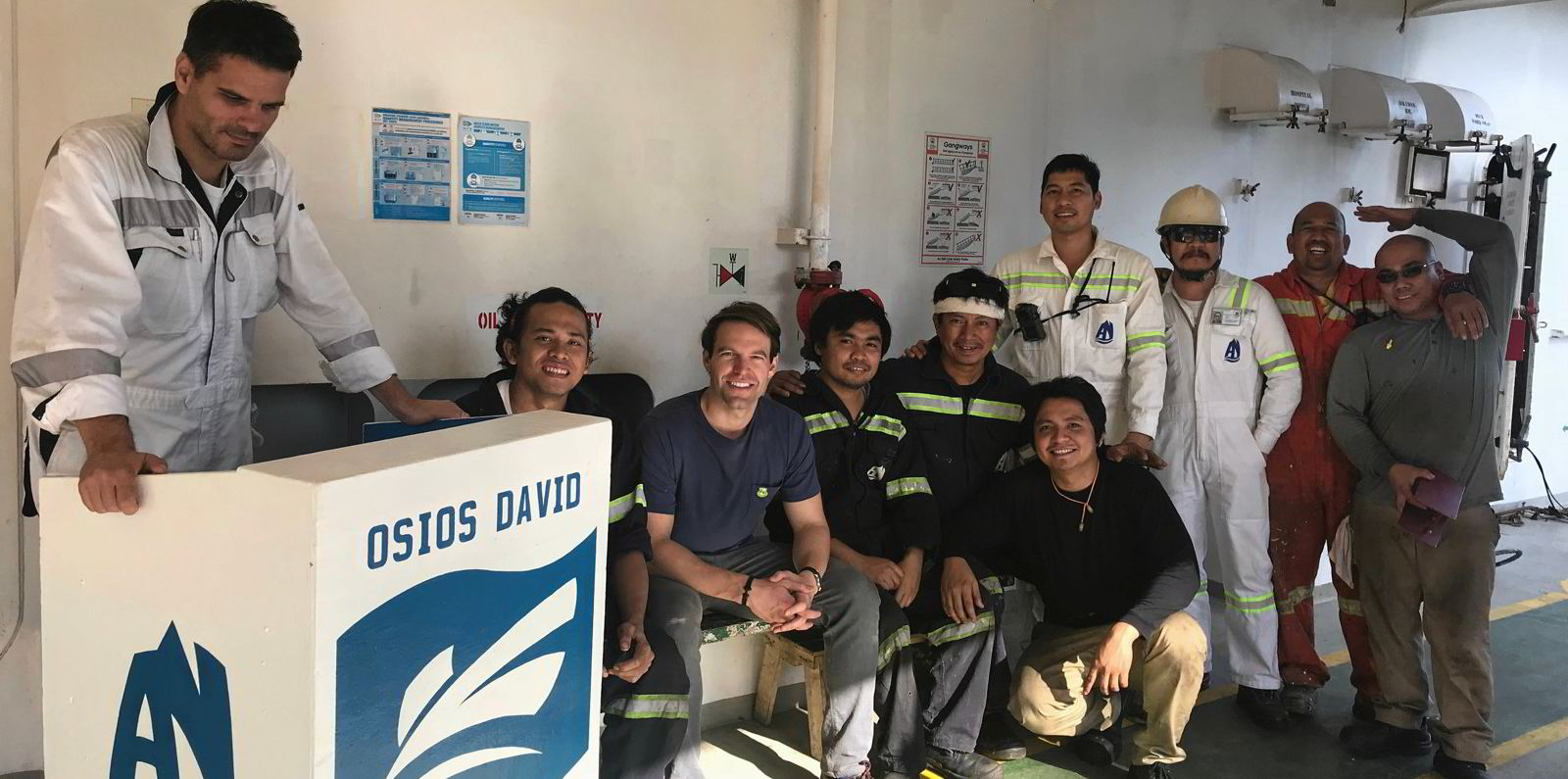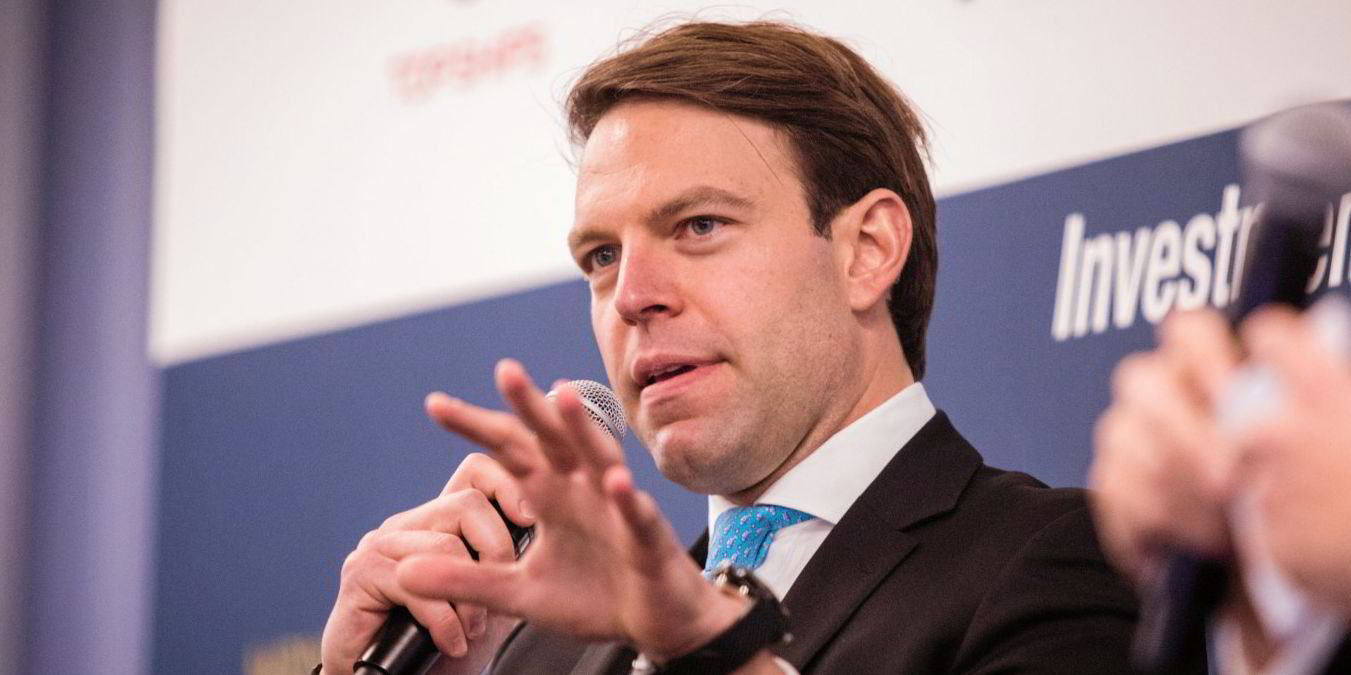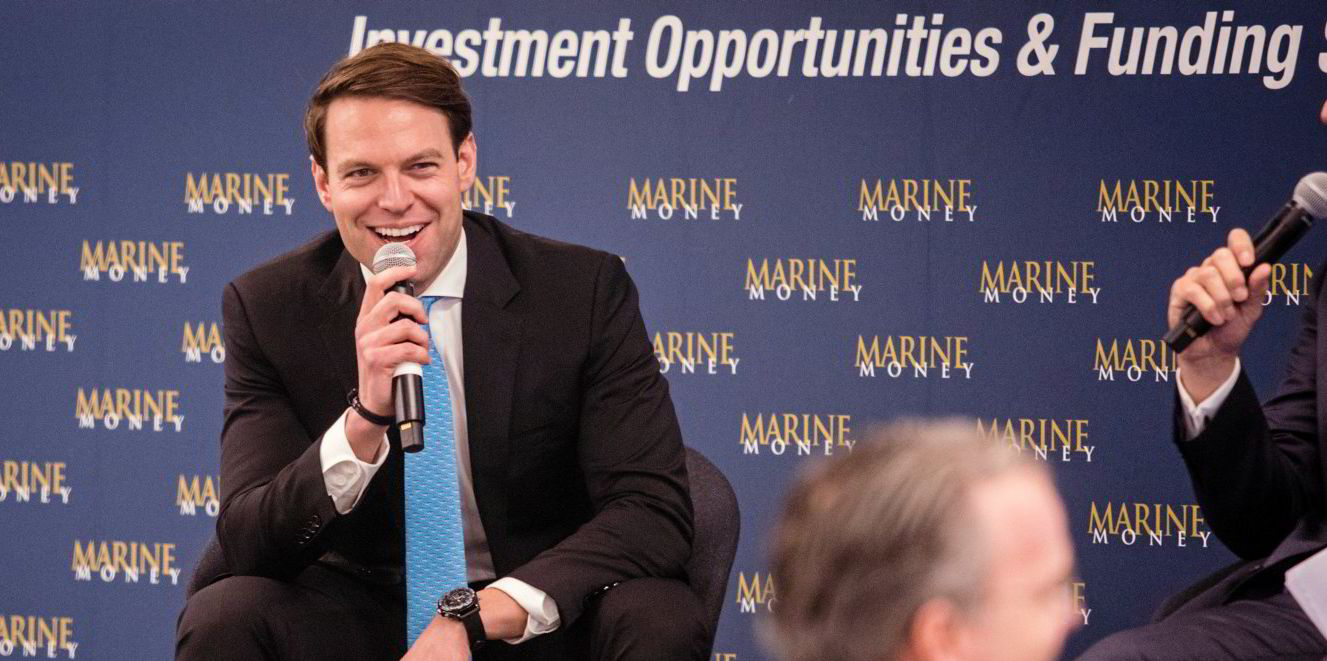The window has not closed for distressed asset plays, believes Stefanos Kasselakis, founder of low-key bulker and tanker owner Tiptree Marine.
The Covid-19 pandemic provided what now looks like a lot of missed opportunities in dry bulk, he told TradeWinds, but it was not the right time to strike.
Now, he is enjoying the dry bulk spot markets and waiting for his chance.
His company, SwiftBulk, was originally pitched to investors in 2016 as a vehicle for distressed acquisitions before Nasdaq-listed insurance underwriter Tiptree Inc took it over with minority shareholding partner AM Nomikos under Tiptree Marine.
Following five original acquisitions in close succession, the fleet build-up in SwiftBulk and sister company SwiftTankers has been on pause.
The pandemic, followed by a historic dry bulk boom, looks like a golden scenario for crisis buying, but that is only with the benefit of hindsight, the youthful shipowner told TradeWinds.
"I would say there is 'distress with a playbook' and 'distress with no playbook'," he told TradeWinds. "There was no playbook with the Covid-19 situation.
"When there is no playbook, sometimes it is more prudent to let others make the brave decisions, and that was more or less our perspective. I am quite proud of how we manoeuvred the year."
Kasselakis' fleet turned in $2.3m of adjusted net income to Tiptree Inc for 2020, mostly thanks to a strong MR tanker performance but also in part to locking in a quarantine loss-of-hire insurance policy before Covid-19 was declared a pandemic.
"Back in February 2020, we foresaw the imminent floating storage opportunity as soon as it was clear that the virus had a 14-day incubation period. We also converted some of our dry bulk balance-of-year earnings to fixed rates at the annual highs in August," he said.
Otherwise, the company used the worst of the pandemic period on dry-dockings and building up its in-house technical management.
"The important thing is to keep making forward progress with an eye toward long-term compounding. In 2020, we made tremendous progress on our enterprise value, and that is already starting to manifest itself."
Now, Kasselakis prefers the term "opportunistic" over "distressed" for his acquisition strategy.
And even if he missed the current dry bulk wave, he believes opportunities will always arise in commoditised shipping markets.
"The question is what you do in the meantime until those opportunities arise. That is why it is important to be nimble and diversified — and sometimes to be more asset-light," he said.
"I think it is also important to consider the term 'distressed' more holistically. Distress does not have to be financial; it can also be timing-related, tax-related.
"For example, non-traditional shipping investors with a finite fund life may have 'timing distress' that can prompt an exit even against a positive return backdrop."
Kasselakis' corporate backers at Tiptree Inc recently expressed interest in resuming an expansion in shipping.
"We will be pretty opportunistic on sector selection and flexible on structuring," Kasselakis commented.
"I do think that long-term — say, 10 years out — the tanker sector will be smaller than currently, relative to global GDP, but I still think it will play an important role in the global economy and may very well enjoy solid economics."






